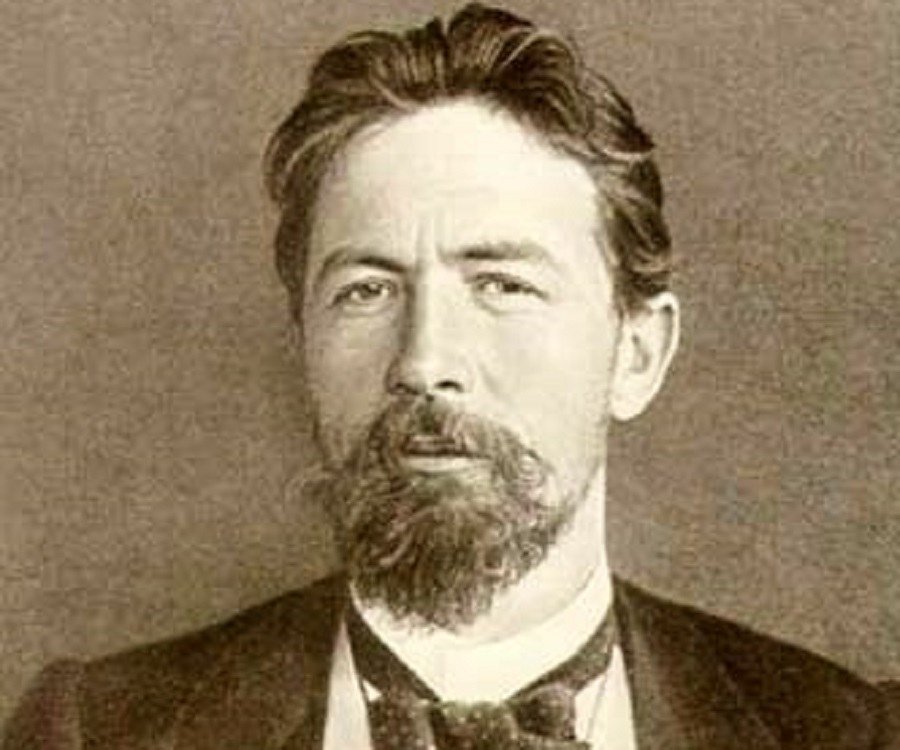"The Lady with the Dog" by Anton Chekhov - Analysis
THEMES/MOTIFS - QUOTATIONS
Love-hate relationship with women
It seemed to him that he had been so schooled by bitter experience that he might call them what he liked, and yet he could not get on for two days together without “the lower race". He
recalled her
slender, delicate neck, her lovely grey eyes. “There’s something
pathetic about her, anyway,” he thought, and fell asleep.
Adultery
Pedophilia
As he got into
bed he thought how lately she
had been a girl at school, doing lessons like his own daughter;
he recalled the diffidence, the angularity, that was still
manifest in her laugh and her manner
of talking with a stranger
Physical descriptions
Then he looked at
her intently, and all at once put his arm round her and
kissed her on the lips, and breathed in the moisture
and the fragrance of the flowers; and he immediately
looked round him, anxiously wondering whether any one had seen them.
Different
kinds of women: careless, good natured (Anna); lovers with no genuine feeling
(his wife); cold, domineering.
From the past he preserved
memories of careless,
good-natured
women…
Double
lives
He had two lives: one, open, seen and known by all who cared to know, full of relative truth and of relative falsehood, exactly like the lives of his friends and acquaintances; and another life running its course in secret. And through some strange, perhaps accidental, conjunction of circumstances, everything that was essential, of interest and of value to him, everything in which he was sincere and did not deceive himself, everything that made the kernel
of his life, was hidden from other people
People
see what they want to see
He always seemed to women different from what he was, and they loved in him not himself, but the man
created by their imagination, whom they had been eagerly seeking
all their lives
Love
And only now when his head
was grey he had fallen properly, really in love—for the first time in his life.









Comments
Post a Comment
Hey friend! 🌈 I can't help with your assignments but maybe other readers can. Good luck! 🤞